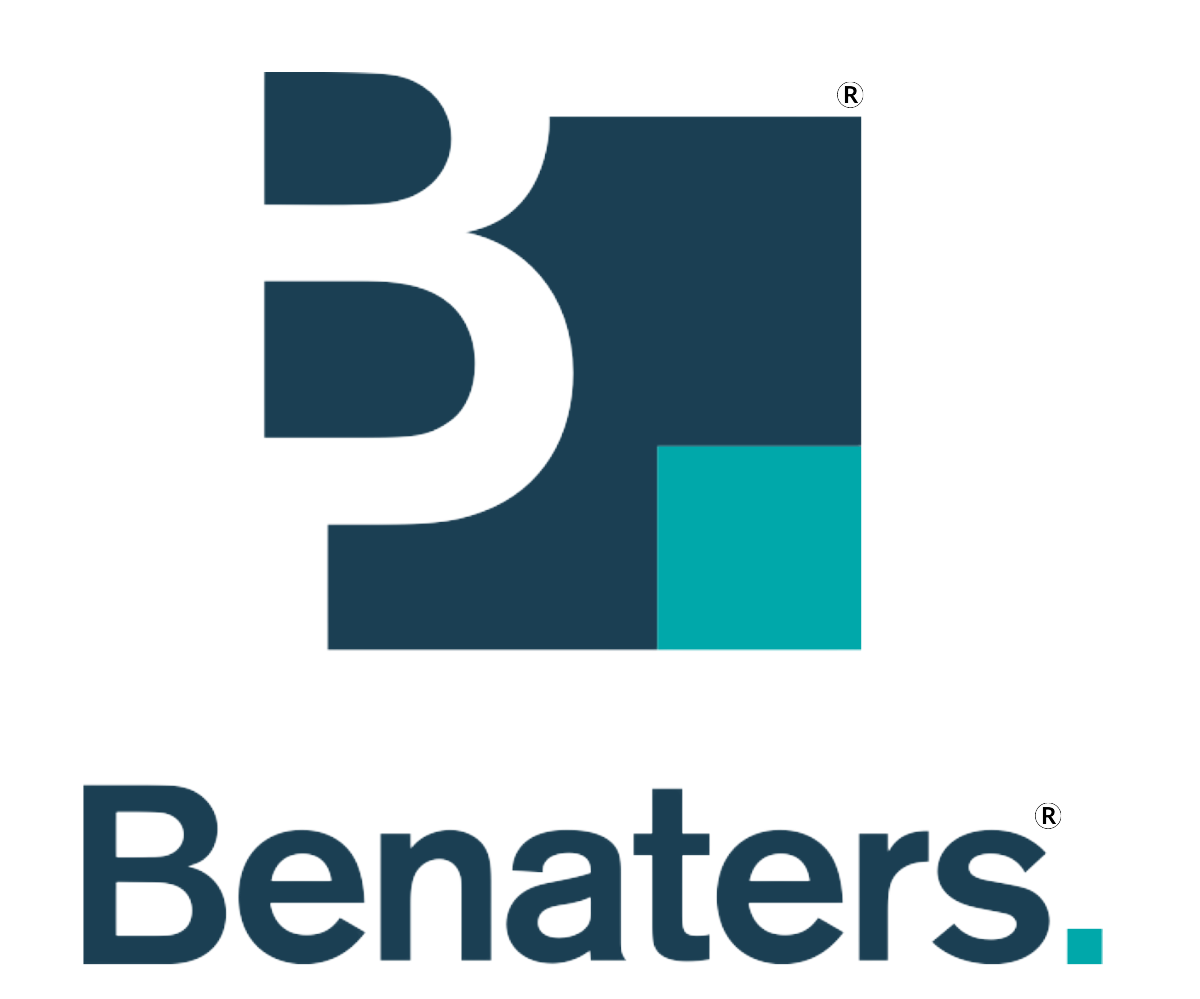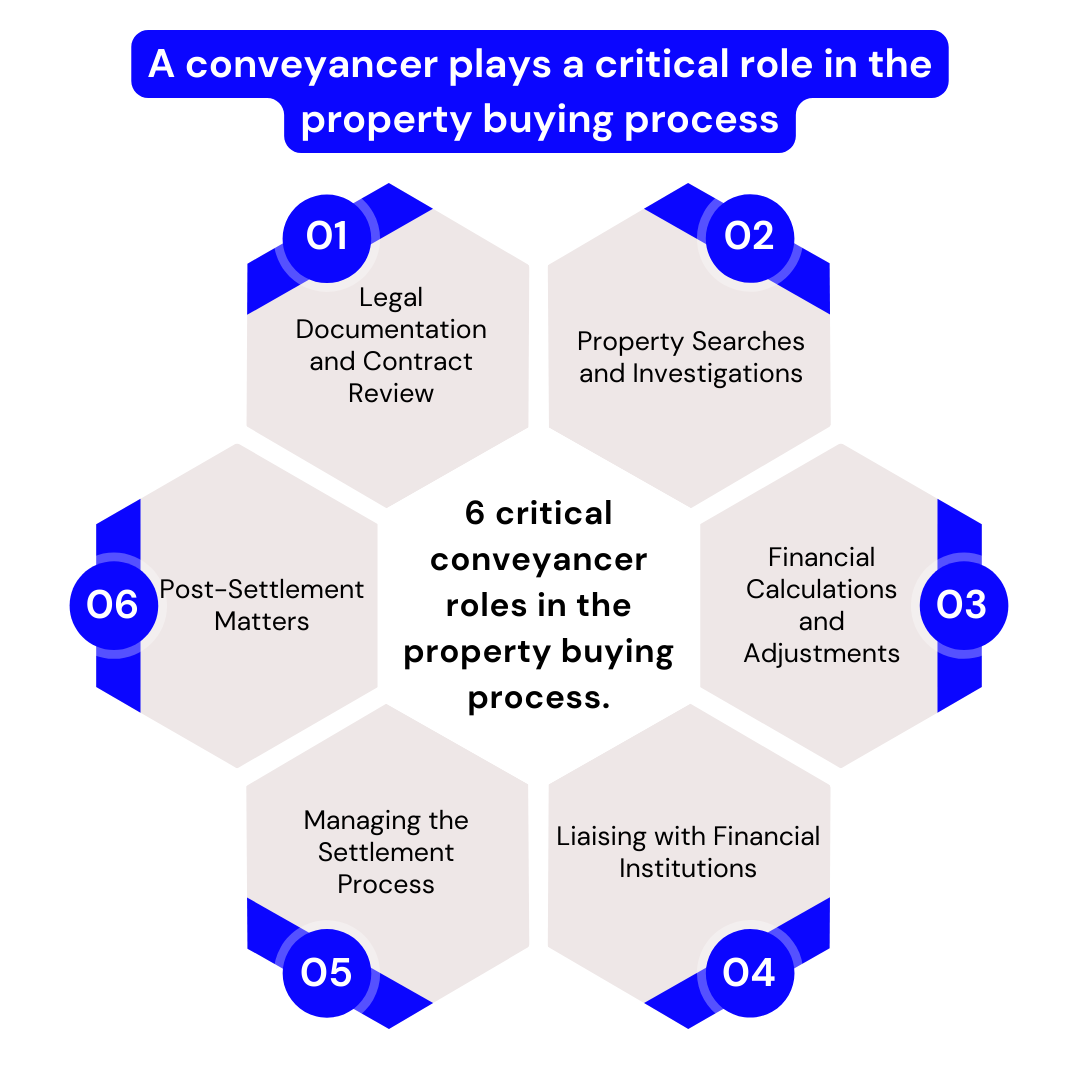The Basic Principles Of Conveyancer
The Basic Principles Of Conveyancer
Blog Article
The Conveyancer Statements
Table of ContentsConveyancer Fundamentals ExplainedThe Main Principles Of Conveyancer All About ConveyancerThe 20-Second Trick For Conveyancer
They are a professional in the preparation of the actions and records called for by legislation or custom-made, to affect such transfer or registration in the acts computer registry. In terms of the laws in South Africa, unmovable home (vacant land, houses, apartments, farms, structures) can be privately owned - Conveyancer. Thousands of property purchases take area in our nation everydaySection 15A(I) of the Act specifies the specific deeds and documents which must be prepared and authorized by a conveyancer. A conveyancer accepts responsibility for the precision of specific facts in these acts or documents. Conveyancers have to have expertise of the 390 items of legislation controling land enrollment including the usual law and meeting resolutions which go back as far as 1938.
In a typical enrollment and transfer process, the lawyer is included with greater than 50 tasks, involving approximately 12 parties, prior to the deal can be completed. The conveyancer needs to deal with all the celebrations involved and he thinks obligation for the collection and settlement of all amounts due. After an arrangement of sale has been gotten in, a conveyancer is designated, and guidelines are sent to him by the estate agent or by the vendor.
In a 'typical' sale such as a transfer that arises from a sale that was caused by the initiatives of an estate representative, there are three conveyancing lawyers associated with the residential or commercial property buying and selling procedure: They transfer the property from the seller to the customer. Conveyancer. They stand for the seller and are designated by the seller
How Conveyancer can Save You Time, Stress, and Money.
They stand for the purchaser and the bank providing the customer's home mortgage and they are assigned by the financial institution giving the buyer's mortgage. They terminate the seller's existing home mortgage on the residential or commercial property. They stand for the financial institution cancelling the vendor's home financing and they are selected by the bank cancelling the vendor's bond.

SARS will certainly provide an invoice for the transfer responsibility. that site The vendor should grant the cancellation of his home mortgage bond (if appropriate) and the brand-new deed is lodged at the Deeds Workplace, where it is signed up within 8 to 14 days. The vendor's mortgage bond is cancelled, and the equilibrium paid to the seller, much less the estate representatives commission.
Conveyancer - Questions
notify the vendor and customer of the conveyancing treatment and keep the seller notified of the development of the purchase. advise the seller and purchaser on the material of the 'Deal to Purchase', especially relating to suspensive problems. Suggest the vendor on the cancellation of his bond, any charges, notice periods and other management charges which may affect the settlement figure.
Do everything in his power to register the transaction on or as close as possible to the date agreed to in the offer to purchase. Advise the seller and buyer on his obligations in terms of the deal to acquire, to ensure that the transfer is not postponed. Meet with the seller and buyer to explain, as well as sign the necessary paperwork to conclude the deal.

Notify the seller and buyer of the transfer on the day of registration. Account to the vendor for funds associating with the transaction within 24 hr after registration. Owning residential property can be an essential investment. Our residential or commercial property enrollment system in South Africa is just one of one of the most qualified on the planet and conveyancers are a vital part in this process.
Ensuring that the vendor can sell the building. We inspect that there are no encumbrances on the title that would protect against the transfer of ownership to you; Optional pre-purchase contract advice and review of the agreement and the vendor's building disclosure statement (or Section 32 statement). We identify if there are threats or regards to the contract that call for modification to much better shield you as the buyer; Suggestions in regard to the agreement and area 32 once you have actually authorized.
Not known Facts About Conveyancer

At PCL Attorneys we recognize the importance of carrying out the conveyancing try this web-site procedure appropriately. We work hard to ensure a smooth negotiation and to protect you as the customer.
This details needs to not be trusted for legal, tax or bookkeeping suggestions. Your individual circumstances will alter any lawful suggestions offered. The sights shared might not show the viewpoints, views or values of Conveyancing Depot and belong entirely to the author of the content. Conveyancing Depot Pty Ltd. If you require lawful suggestions details to your scenario please talk to one of our staff member today.
The conveyancing lawyer plays a critical role in the transfer procedure and is the driving pressure behind thetransaction supervising each step of the procedure. The attorney will request info from both thepurchaser and the seller in order to prepare certain documents for trademark and will certainly likewise acquire furthernecessary files like municipal prices- or from this source body business and property owners association clearancecertificates, transfer obligation receipts from SARS and so on.

Report this page